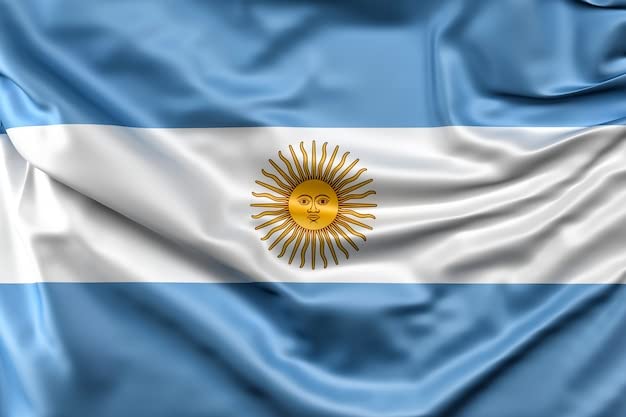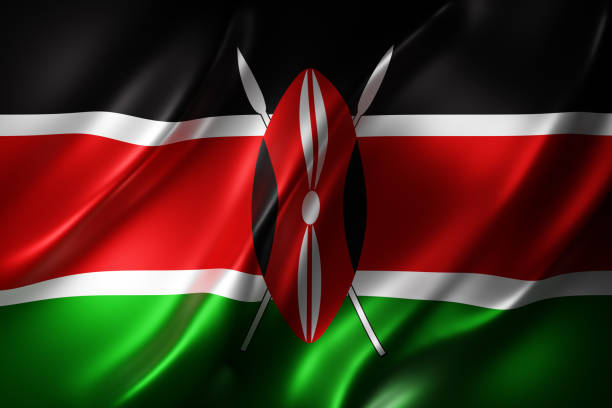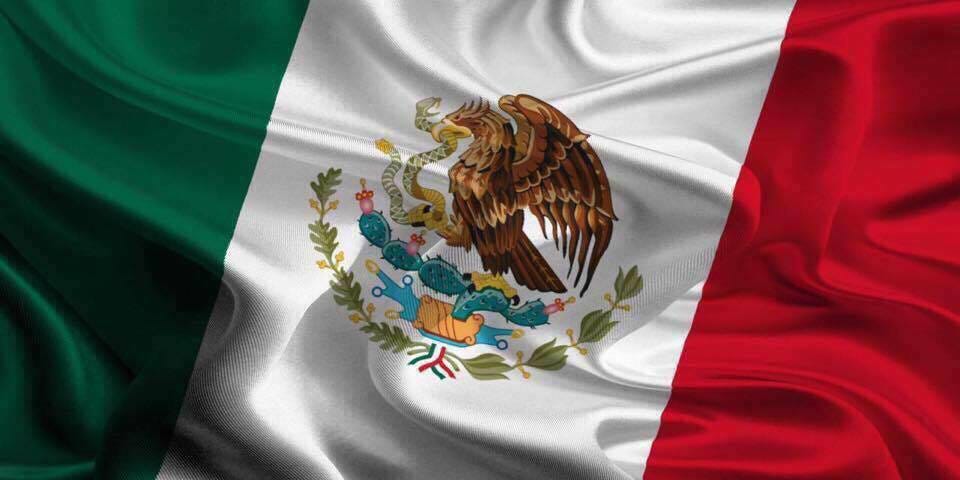Argentina, particularly Buenos Aires, has become a sought-after destination for surrogacy due to its favourable legal framework. Intended parents, regardless of marital status, sexual orientation, or nationality, can establish parental rights from birth without the need for a court order. Surrogacy-born children are entitled to Argentine citizenship.
Compensation for surrogates typically covers various expenses associated with pregnancy, such as medical care, loss of earnings, and psychological support. Egg donors are readily available, with options for anonymity or disclosure upon the child’s maturity.








Canada’s surrogacy landscape boasts a robust legal framework and top-notch medical facilities, making it a sought-after destination for intended parents worldwide. Surrogacy is available to all, regardless of gender, relationship status, or sexual orientation, within a predominantly altruistic model.
FOR FURTHER GUIDANCE, REACH OUT TO US.
While the process can entail substantial waiting periods, often exceeding a year, Canadian surrogates typically view their role as a calling, emphasizing strong, ongoing relationships with intended parents. Upon birth, intended parents assume immediate responsibility, facilitated by legal recognition of parentage in most provinces.
In Colombia, surrogates undergo rigorous screening, including psychological and physical evaluations, ensuring they are young and have previously birthed a healthy child. Following screening, a detailed contract is signed by both parties, outlining all terms and conditions with mutual consent.
In Colombia, surrogates undergo rigorous screening, including psychological and physical evaluations, ensuring they are young and have previously birthed a healthy child. Following the screening, a detailed contract is signed by both parties, outlining all terms and conditions with mutual consent.




In Georgia, heterosexual couples from various countries seek surrogacy due to its legal framework recognizing them as the legal parents of the child. However, this option is limited to heterosexual couples who can prove they’ve been together for over a year. Surrogacy services are facilitated by agencies, which help in finding a surrogate and an egg donor, if necessary, alongside arranging IVF treatment and handling legal and administrative matters.
It’s crucial to note that same-sex couples and single parents are not eligible for surrogacy in Georgia. Given potential cultural and language barriers, forming a deep relationship with the surrogate might be challenging. Therefore, thorough research into the agency’s ethics and track record is essential for ensuring the well-being of all involved parties.
In Greece, altruistic surrogacy and egg donor arrangements are legally available to international heterosexual couples, regardless of marital status, as well as single parents facing fertility issues or medical conditions preventing natural conception. Since July 2014, Greek residency or citizenship is not a requirement for eligibility.
While the law mandates altruistic surrogacy, it allows reimbursement for essential expenses related to IVF, pregnancy, and delivery, including lost wages during pregnancy. Notably, there’s no biological requirement for embryos, though some countries may raise citizenship or parentage concerns.
Organizations like Growing Families offer personalized consultations to navigate Greece’s surrogacy laws and international options. IVF clinics or facilitators manage the process, from finding surrogates and egg donors to arranging medical care and legal procedures.








When natural conception isn’t possible, couples often explore options like IVF or adoption. However, IVF success rates vary, and adoption processes can be lengthy and complex in Ireland.
Surrogacy is another option, but Irish law hasn’t caught up yet. New legislation expected in 2023 aims to address this, providing legal parentage for those pursuing surrogacy domestically or internationally.
For Irish nationals, international surrogacy can cost between €40,000 to over €100,000, depending on the country and agency. Previously popular destinations like Ukraine are now off-limits due to conflict.
Surrogacy in Kenya operates in a legal gray area with no specific regulations in place. Despite this, it is widely practiced as a fertility treatment, largely due to Kenya’s constitutional guarantee of the right to form a family. However, it faces skepticism from religious leaders and poses significant risks due to the lack of regulation and quality healthcare facilities.
While Kenya offers low-cost surrogacy options, the medical facilities are generally deemed subpar, and the country’s infant mortality rate raises concerns. The U.S. State Department has issued travel advisories citing violent crime against Westerners in Nairobi, adding to the caution surrounding surrogacy in Kenya.








In 2021, the Mexican Supreme Court sanctioned surrogacy as a protected medical procedure, offering a viable option for singles and couples, regardless of sexual orientation, to build their families through an affordable arrangement.
Although legally endorsed, surrogacy implementation varies across Mexican states, with select regions being more supportive. Gestational surrogacy is the sole permissible method, prohibiting the surrogate from using her own eggs.


Contact us today to learn more about how we can help you achieve your dreams of starting or expanding your family through surrogacy.

Surrogacy Blessings offers hope to aspiring parents, utilizing a surrogate mother’s womb for conception, fostering dreams of family.


